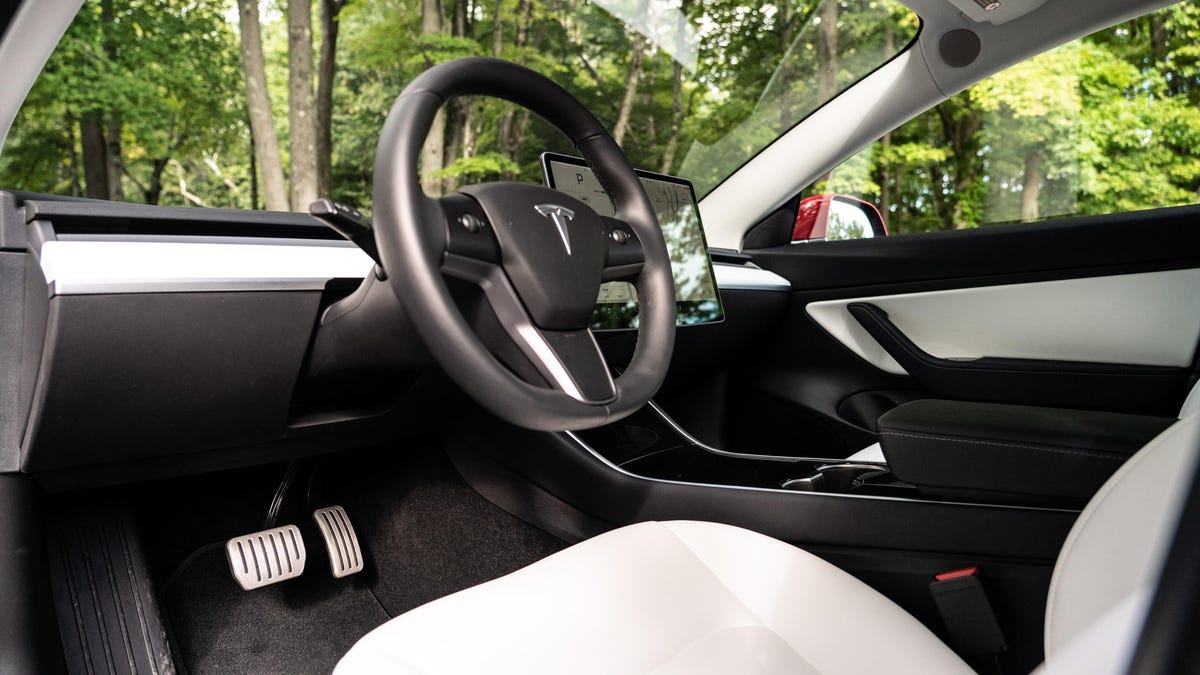Tesla interior cameras threaten driver privacy, Consumer Reports says
The publication highlighted what Tesla can do with the footage and it differs big time from other companies.
As ever more driver-assist systems trickle into new automobiles , companies remain liable to ensure drivers use that technology in a safe and responsible manner. That often comes in the form of a driver-monitoring system, and although it sounds like a blanket term, there are big differences in the ways automakers can track this kind of data. A new report Monday from Consumer Reports is sounding the alarm on Tesla, in particular.
Unlike other automakers that use a driver-monitoring systems, Tesla includes in-cabin cameras that can record and transmit footage from inside the vehicle. Owners have the ability to opt out of this program, but for those who don't tick that box, Tesla accesses a wealth of information.
CR's biggest gripe is the way Tesla uses this technology. While the company says the cameras allow it to review footage and bar owners from using features, like the Full Self-Driving beta, the automaker does not warn the driver in the moment, the publication argues. Other automakers, such as General Motors , include an escalating warning to tell the driver they're not paying enough attention while using its driver-assist technology, Super Cruise.
Inside a Model 3 and Model Y, specifically, the cabin camera can record video of the moments before an automatic emergency braking event occurs, or even the moments before a crash. It's then possible the car shares this footage with Tesla. The system is a sharp contrast from other automakers, which use closed-loop systems that do not transmit or save any data, let alone record drivers in the car. Other automakers, like GM, Ford and Subaru , use infrared cameras to simply track eye movement and head tilt, which tells the system if drivers are paying attention to the road or not.
CR said although protections exist as to who can access footage like Tesla records, there's always the possibility that anyone can get their hands on them -- including those with bad intentions. Tesla's abilities could expand to record drivers for other business purposes, too, the publication said. The cameras could track routines and behavior to create loads of data on a driver. Tesla said in the past the footage isn't tied to a car's specific VIN, but according to CR, faces are visible in the footage. Passengers in the car may also not consent to being recorded, even if the driver has.
Tesla does not operate a public relations department to field requests for comment.
The publication said these kinds of problems will need addressing in the future as automakers tinker with more technology in cars. For now, CR is just raising a red flag.


